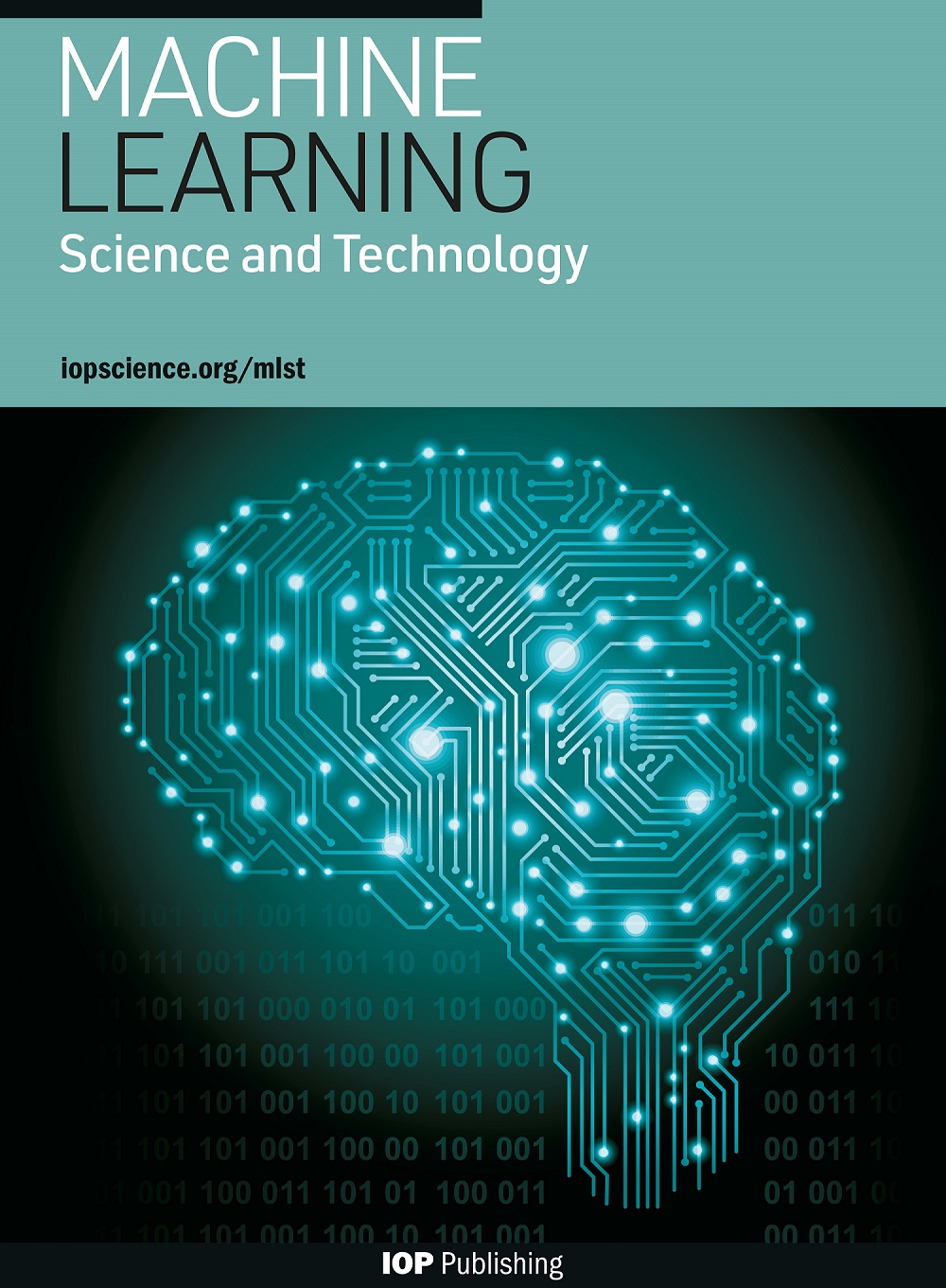随机过程量子模拟中的精度与内存优势
IF 4.6
2区 物理与天体物理
Q1 COMPUTER SCIENCE, ARTIFICIAL INTELLIGENCE
引用次数: 0
摘要
许多推理场景都依赖于从已知数据中提取相关信息,以便对未来做出预测。当底层随机过程满足某些假设时,其精确的经典模拟器和量子模拟器之间会有一个直接映射,后者渐近地使用更少的内存。在这里,我们将重点研究当这些假设不被满足时,量子优势是否依然存在,而且模型的准确性注定不完美。通过研究精度和内存要求之间的权衡,我们证明量子模型可以用更少的内存达到相同的精度,或者用相同的内存达到更好的精度。最后,我们讨论了这一结果对学习任务的影响。本文章由计算机程序翻译,如有差异,请以英文原文为准。
Accuracy vs memory advantage in the quantum simulation of stochastic processes
Many inference scenarios rely on extracting relevant information from known data in order to make future predictions. When the underlying stochastic process satisfies certain assumptions, there is a direct mapping between its exact classical and quantum simulators, with the latter asymptotically using less memory. Here we focus on studying whether such quantum advantage persists when those assumptions are not satisfied, and the model is doomed to have imperfect accuracy. By studying the trade-off between accuracy and memory requirements, we show that quantum models can reach the same accuracy with less memory, or alternatively, better accuracy with the same memory. Finally, we discuss the implications of this result for learning tasks.
求助全文
通过发布文献求助,成功后即可免费获取论文全文。
去求助
来源期刊

Machine Learning Science and Technology
Computer Science-Artificial Intelligence
CiteScore
9.10
自引率
4.40%
发文量
86
审稿时长
5 weeks
期刊介绍:
Machine Learning Science and Technology is a multidisciplinary open access journal that bridges the application of machine learning across the sciences with advances in machine learning methods and theory as motivated by physical insights. Specifically, articles must fall into one of the following categories: advance the state of machine learning-driven applications in the sciences or make conceptual, methodological or theoretical advances in machine learning with applications to, inspiration from, or motivated by scientific problems.
 求助内容:
求助内容: 应助结果提醒方式:
应助结果提醒方式:


